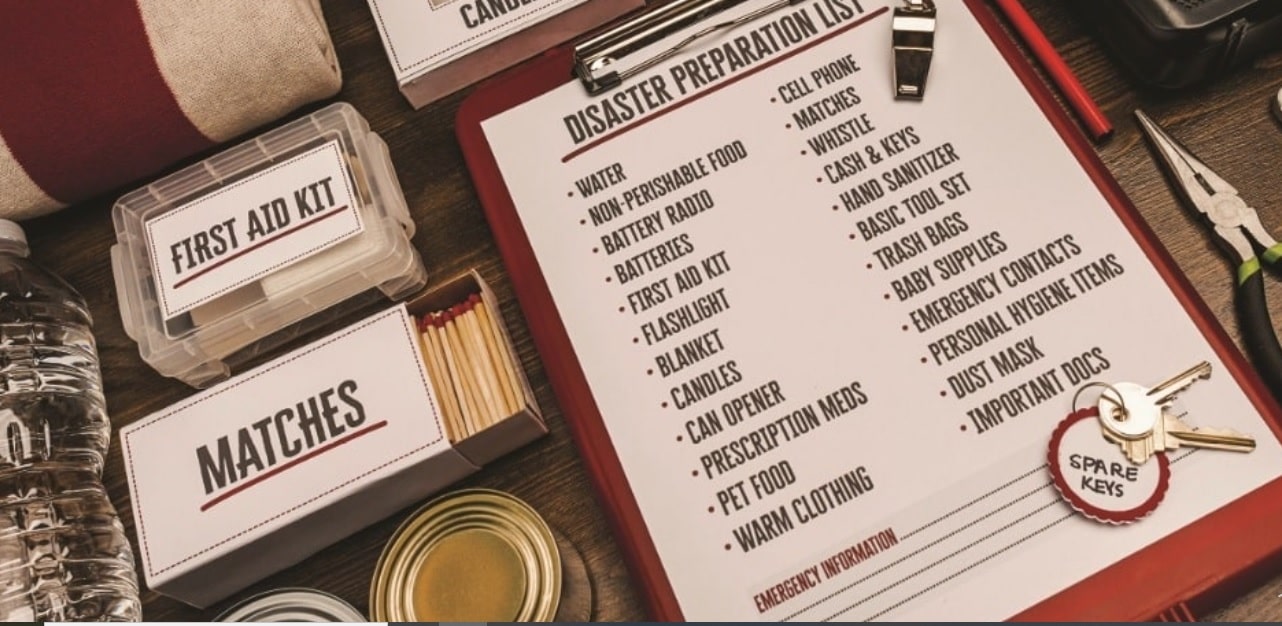Recently, at the start of the 2019 hurricane season, the National Council on Disability (NCD)—an independent federal agency—released its latest report, titled, Preserving Our Freedom: Ending Institutionalization of People with Disabilities During and After Disasters.
NCD, which advises the President and Congress, examined available data from several major storms and disasters and found that people with disabilities are frequently institutionalized during and after disasters due to conflicting federal guidance; a lack of equal access to emergency and disaster-related programs and services; and a lack of compliance with federal law.
Over 47 million people were impacted by Hurricanes Harvey, Irma and Maria, and based on disability prevalence statistics, as many as nearly 12 million of them may have been people with disabilities.
The report, which focused on the reasons people with disabilities experience involuntary institutionalization as a result of disasters, found that the Federal Government offers conflicting guidance on the topic. For example, Department of Justice (DOJ) guidance states that “people should receive services in the most integrated setting appropriate to the needs of the person, and only persons who require the type and level of medical care that would ordinarily be provided by trained medical personnel in a nursing home or hospital” should be placed in those more restrictive settings. In contrast, the Department of Health and Human Services (HHS) Centers for Medicare and Medicaid Services (CMS) repeatedly issues waivers to their institutional placement rules during disasters, allowing states to place disaster-impacted people with disabilities in nursing homes and other institutional settings.

The report also found that recipients of federal funds do not have training for how to comply with federal requirements to provide equal access to emergency and disaster-related programs and services when using federal dollars, nor do they have the cultural competence to interact with people with disabilities and often adhere to stereotypes and myths about disability that results in institutional placement. As a result of unnecessary institutionalizations of people with disabilities during and after disasters, people with disabilities often go unaccounted for, families are separated from loved ones, working individuals with disabilities often become unemployed, and students with disabilities are often excluded from returning to school with their peers.
NCD’s recommendations to policymakers include the following:
- Congress should require CMS to establish a process for Medicaid portability among states and territories during disasters to ensure uninterrupted health maintenance and medical care in the least restrictive environment for Medicaid recipients.
- Congress should appropriate funds for FEMA, HHS, and HUD to fund Independent Living Center staff and other affordable and accessible housing experts to provide individual and household disaster case management focused on the transition and permanent housing needs of disaster-impacted people with disabilities.
- Congress should require that HHS establish a data collection system and that data collection begins immediately after the next federally declared disaster. The system must identify impacted individuals moved to an institutional setting and quantify movement and displacement of all impacted people in the aggregate.
- The U.S. Department of Education (ED) should issue a policy directive to require school systems to include an individualized emergency plan for uninterrupted delivery in every student’s IEP or 504 plan to comply with the Free and Appropriate Public Education requirement in IDEA and in the Rehabilitation Act.
- People with disabilities have a right to equal access to emergency services. Registries have both impeded equal access solutions and established inadequate alternatives for using federal funds. NCD recommends that no federal funds, including but not limited to federal funds from the U.S. Department of Homeland Security (DHS) and HHS, be used in development, deployment, and maintenance of emergency ‘special needs’ registries intended to include people with disabilities.
Read the full report at https://ncd.gov/publications/2019/preserving-our-freedom.
Looking for similar content from AmeriDisability? Read “How To Prepare an Emergency Disaster Plan for Your Unique Disability Needs” and “How People with Chronic Disease Can Tackle Disaster Planning.“






